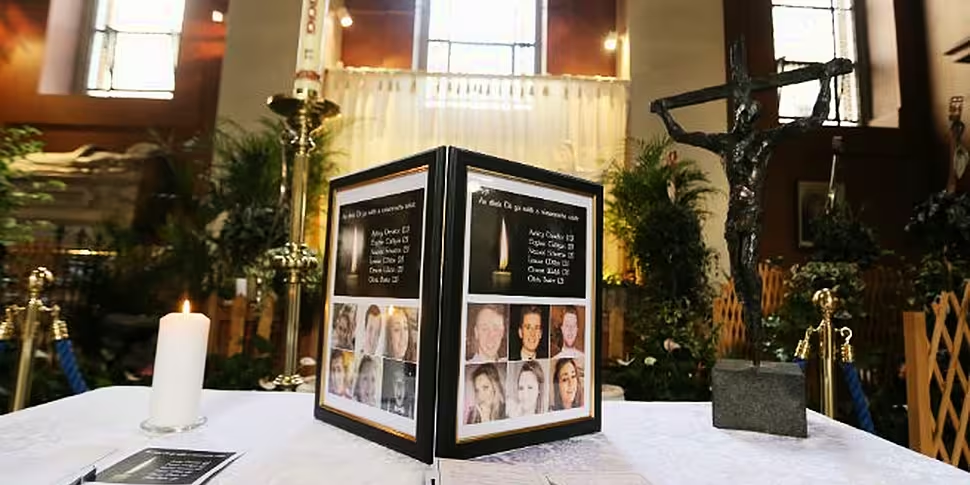When tragedy strikes, particularly when it comes out of the blue, communities come together. While we often feel we’re standing alone in our grief, there is a comfort in knowing that while we’re shouldering the burden, we’re more often than not standing shoulder to shoulder with loved ones, friends, and wider community.
Last week’s tragic death of six young people in Berkeley, California, a tragic accident that came to dominate much of the national news for a week, is a prime example of how we turn to faith and religion in times of tragedy – even when we are not personally connected to it.
“The thing about religion and the important thing about religion is less the theory and the stories that lie behind all religions, and more about the ritual,” Professor Ian Robertson, a psychologist and head of the institute of neuroscience at Trinity College, Dublin, told George Hook recently in the aftermath of the Berkeley balcony collapse.
“And so if you’re left suddenly with the emptiness that the death of, particularly, young people leaves you with. To have prescribed rituals where people come together to have the presence of other people, to have things to do, to have music to sing. If you had no religion, people would still do it. But the good thing is that if you have religion these things exist, people don’t have to invent them or think about them. And the other thing about the death of a young person is the sense of absolute loss. But once you have people coming together like this, the person to some extent is alive again, in the minds of the other people.”
Facing up to loss
When confronted with death, most of us don’t know what to do. We are living through a time when what was once one of the most devout catholic countries in the world now has the lowest mass attendance figures in its history. Those rituals that were once shared across almost the entire country, that steered whole families and their surround support structures through painful times, still remain, but are perhaps taken up less.
"People grieve without the church, I myself was asked by a friend over in England to preside over a non-religious funeral, and I did so," Prof Robertson said. "It was actually a very moving ceremony, a very beautiful ceremony. That’s not to talk against religion, just to say people can create rituals for themselves. You know, where there are laid-down rituals it makes it easier for people to come together.”
But when faced with death, shying away from dealing with it head on can be the quickest reaction. Not because we are uncaring, rather out of concern that we will misstep and say the wrong thing. We live in a bizarre media cycle that forces us to consume every detail of reported deaths, and yet when confronted with loss in reality, we duck away from it. We shouldn’t – as Prof Robertson says, we should remember to remember.
“A colleague of mine lost her daughter, and she wrote a book about it. She said the best thing people can write or say to you after someone close to you has died, is to say memories about the person and nice things about the person who has died. Because in a sense, none of us ever die, particularly in the digital age. Our influence exists and goes on resonating in the minds of more than just the people that we’ve known. It’s an influence that we have, it’s a kind of digital immortality. And if you bring people together like that, it kind of brings the person alive to some extent, who has died.”
In the aftermath of the Berkeley balcony collapse, when our nation's smallness lends itself to an immediate togetherness, talk of death and loss becomes more open. And yet, despite this national grieving, we still see the burden of bereavement as something solitary. But this defies our entire evolution as a social species.
“We are a social species, we evolved as a social species," Prof Robertson said. And because of that, our identity is tied up with a community and a group. And the tragedy of a young person dying is they do live on in a certain way, in the impact they have had in that group. And that’s why the community is so essential."
You can listen back to George Hook's full interview with Prof Ian Robertson below:









